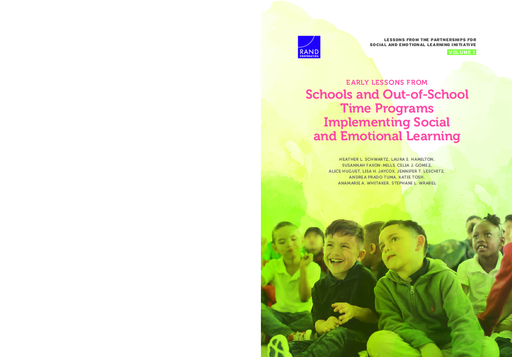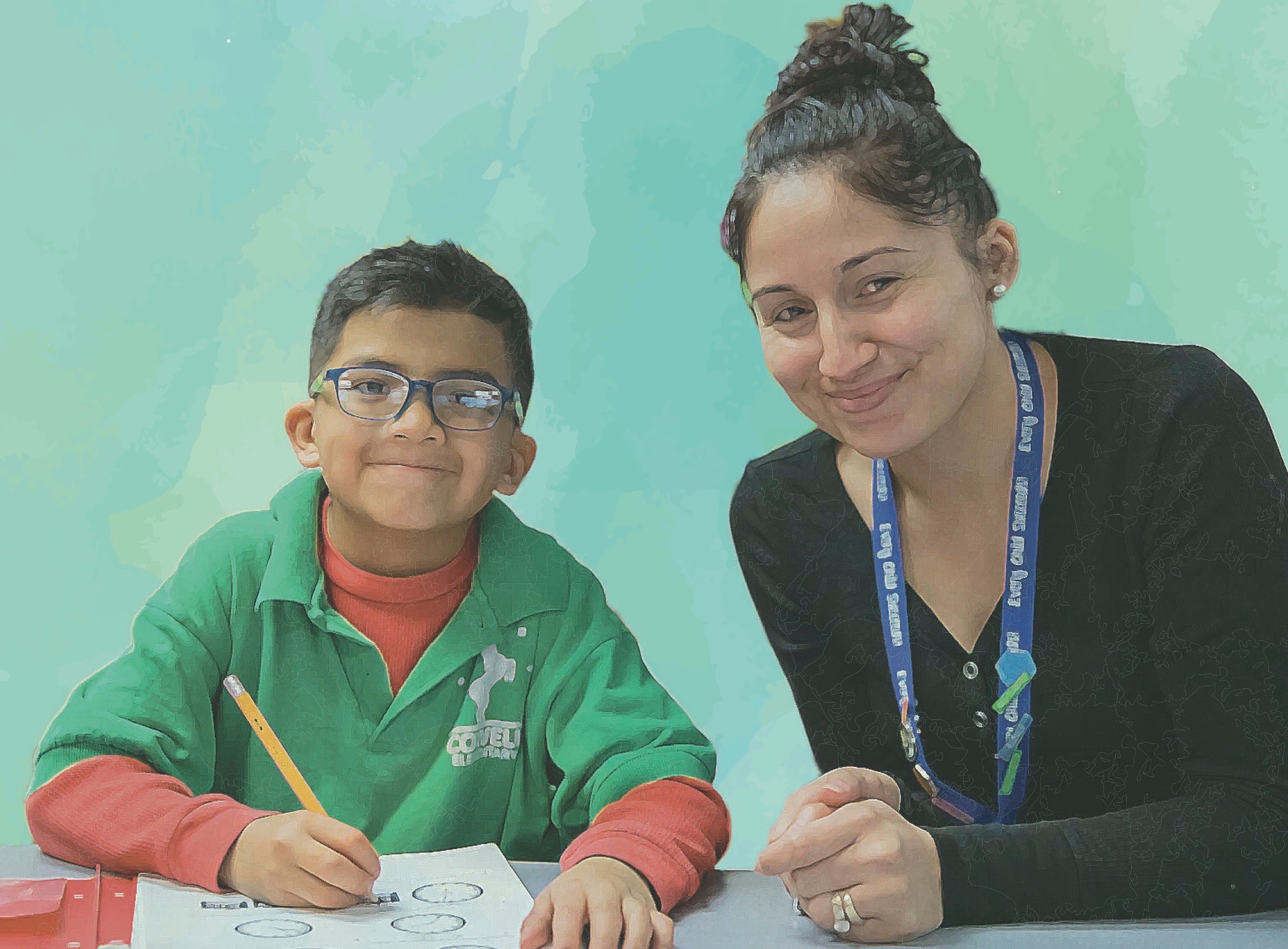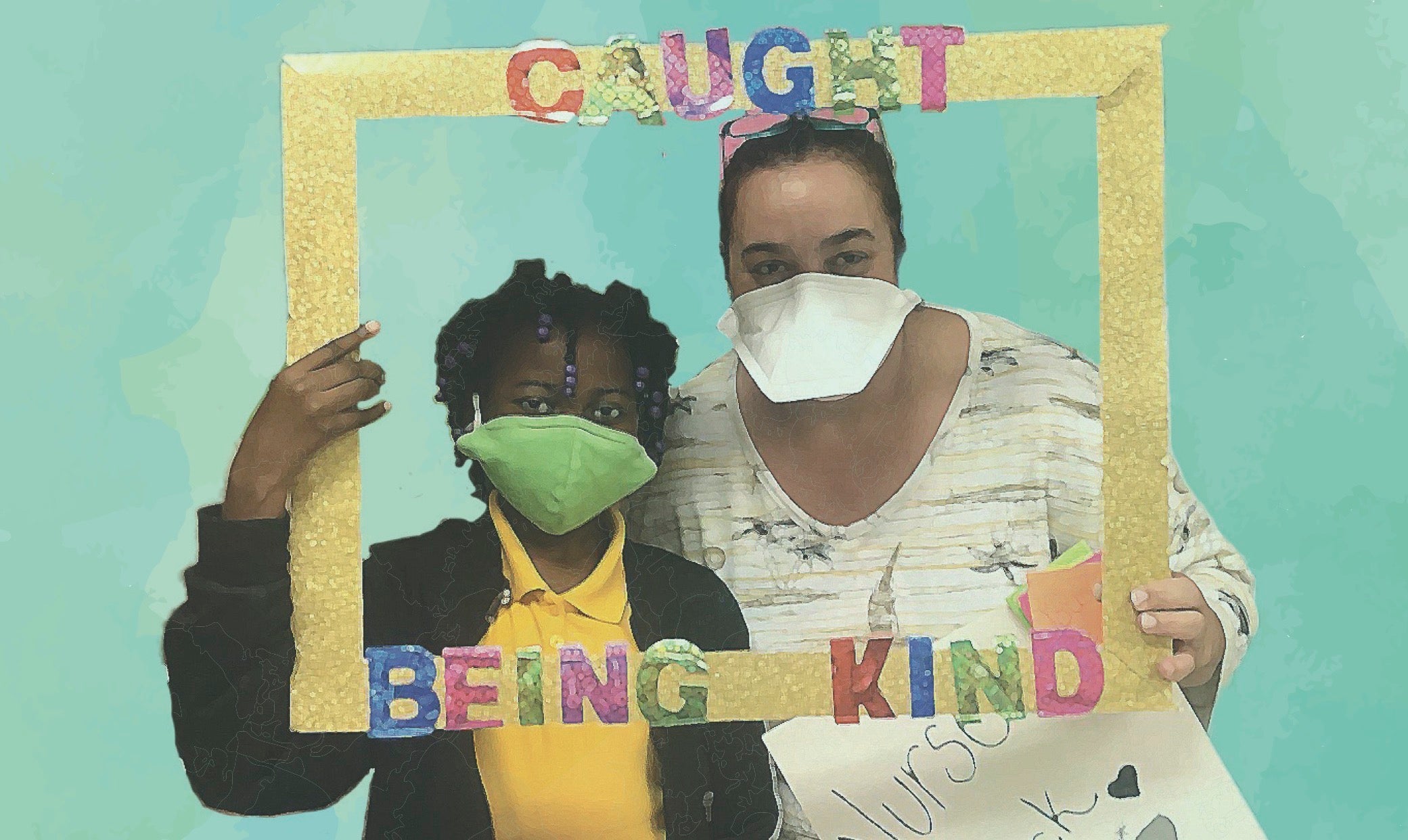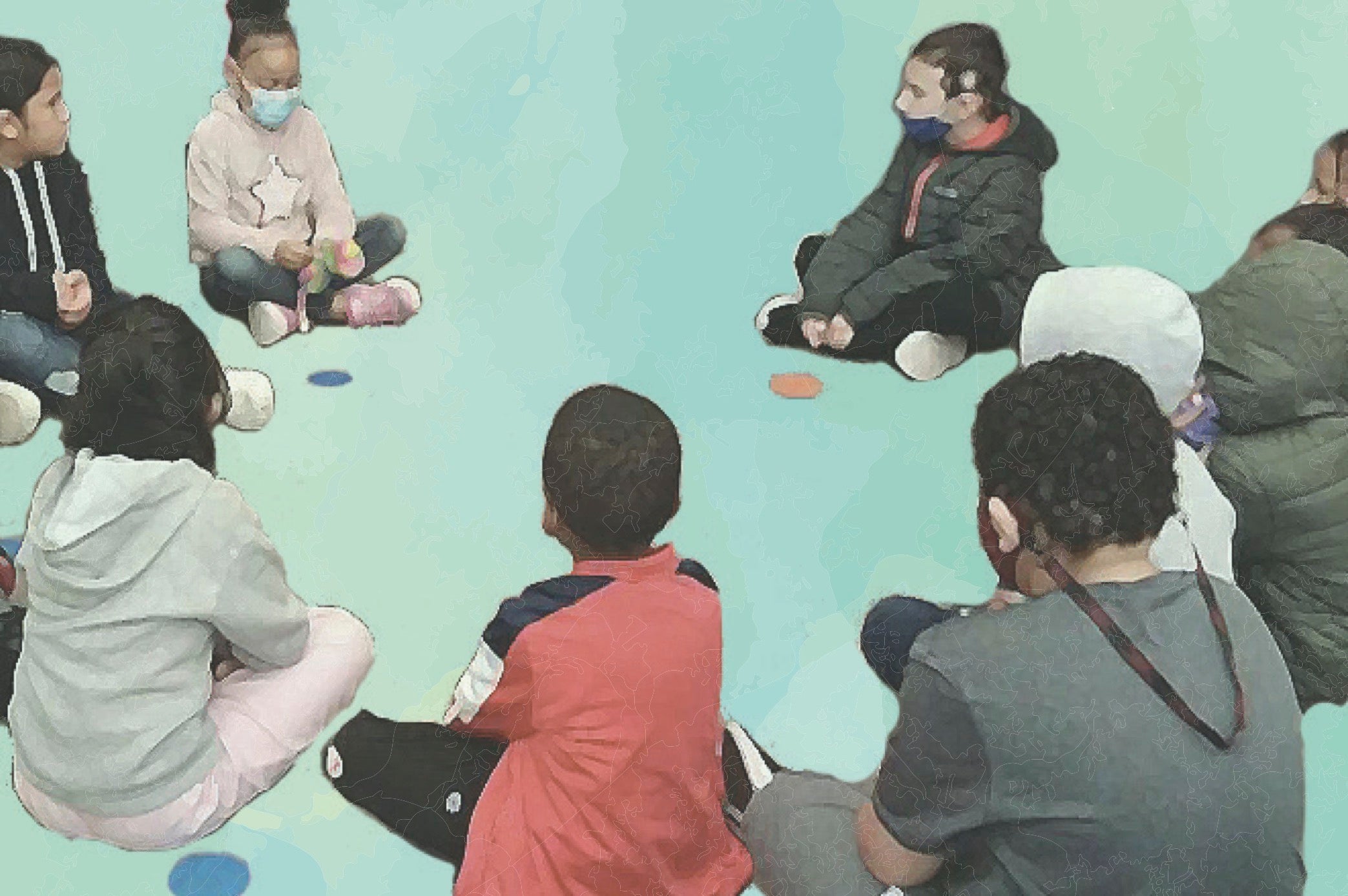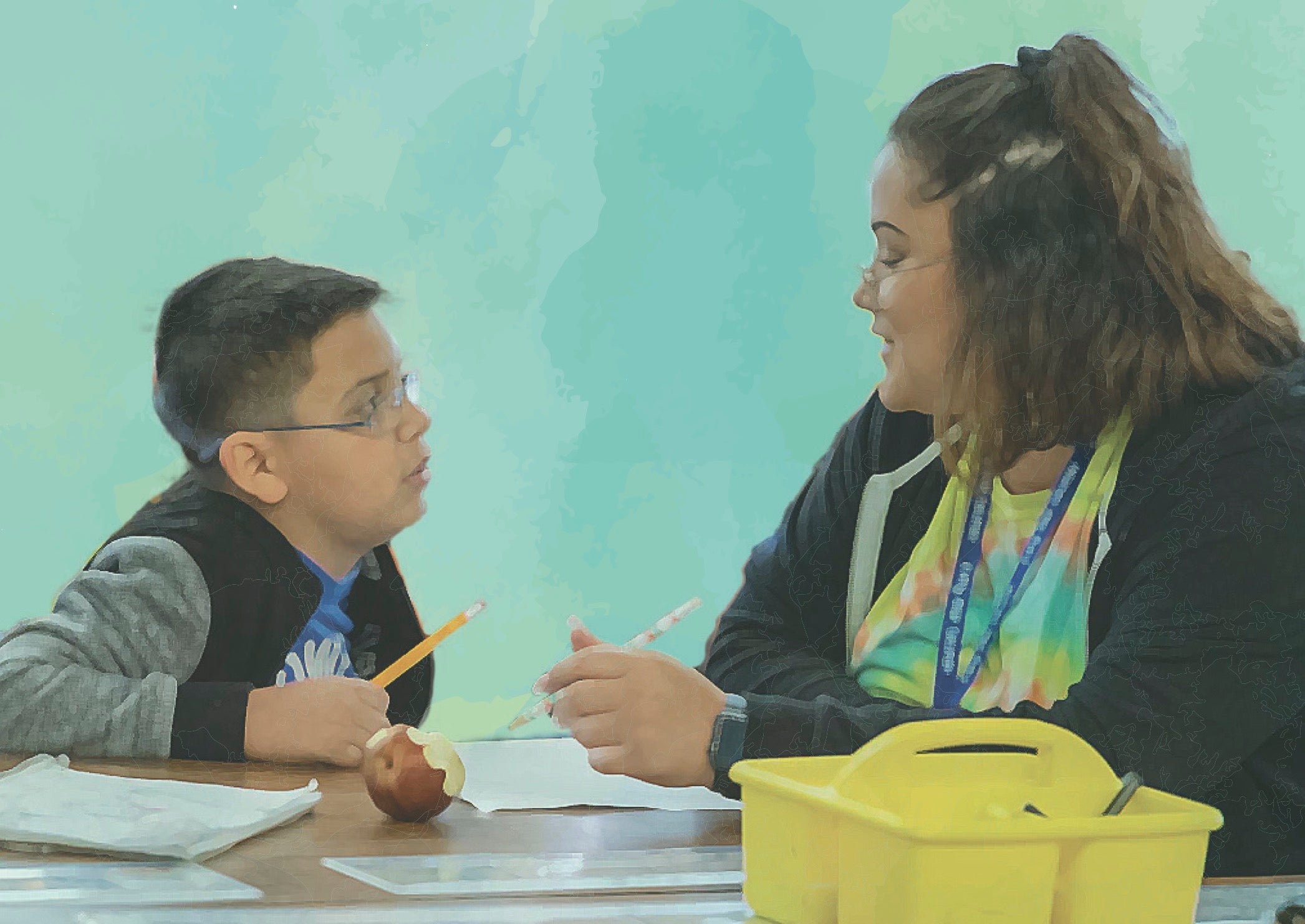Research Approach
The Wallace Foundation selected the RAND Corporation, a nonprofit, nonpartisan research organization, to conduct a study of PSELI implementation and outcomes. To launch the PSELI study, RAND first worked with each of the six communities during the planning phase (the 2016–2017 school year) to identify five to seven Phase 1 sites (each site consisting of an elementary school paired with one or more OST program partners) plus five to seven Phase 2 sites (also each consisting of an elementary school and an OST program partner). The identification process included statistical matching procedures to ensure that each community’s Phase 1 and Phase 2 sites were comparable on key demographic and performance characteristics prior to launching PSELI.
As PSELI participants, the Phase 1 sites received enhanced SEL support during the four years of Phase 1 of PSELI, which spanned the 2017–2018 through 2020–2021 school years. The SEL supports varied by community, but they typically included SEL coaching and other forms of professional development (PD) focused on SEL, on-site staff roles (e.g., a SEL champion or a full-time OST manager), the use of an evidence-based SEL curriculum in the school (optional for the OST program), and use of SEL rituals in both the school and OST program settings. Starting in 2017–2018, Phase 1 sites adopted new SEL practices and received additional resources and technical assistance (TA) (as determined by each school district and OST intermediary) and participated in peer learning activities to strengthen SEL practices. In support of their ongoing improvement efforts, Phase 1 sites also received yearly feedback that the authors put together based on the collected data.
The Phase 2 sites were not set to start implementing SEL until the 2021–2022 school year, when Phase 2 was scheduled to begin. However, in response to the coronavirus pandemic in spring 2020, The Wallace Foundation altered the design to give Phase 2 sites more flexibility in implementing the intensive SEL supports developed in Phase 1, curricula, and instruction, and Phase 2 sites were given the green light to launch new SEL activities starting in 2020–2021 if desired.
As part of the research, RAND began collecting primary data in the form of site observations, staff surveys, staff interviews, and documents in school year 2017–2018 and continued to collect data through school year 2020–2021. RAND also collected secondary data from districts and OST intermediaries annually over that period. These data included student performance on a SEL skill assessment called SELweb, student achievement in math and English language arts, student attendance in school and in PSELI-participating OST programs, and staff rosters and staff attendance. RAND continued to collect the student academic achievement, student attendance, and staff attendance data through 2022–2023.
